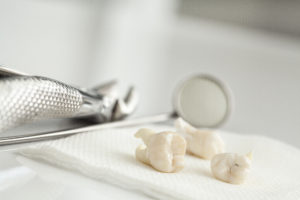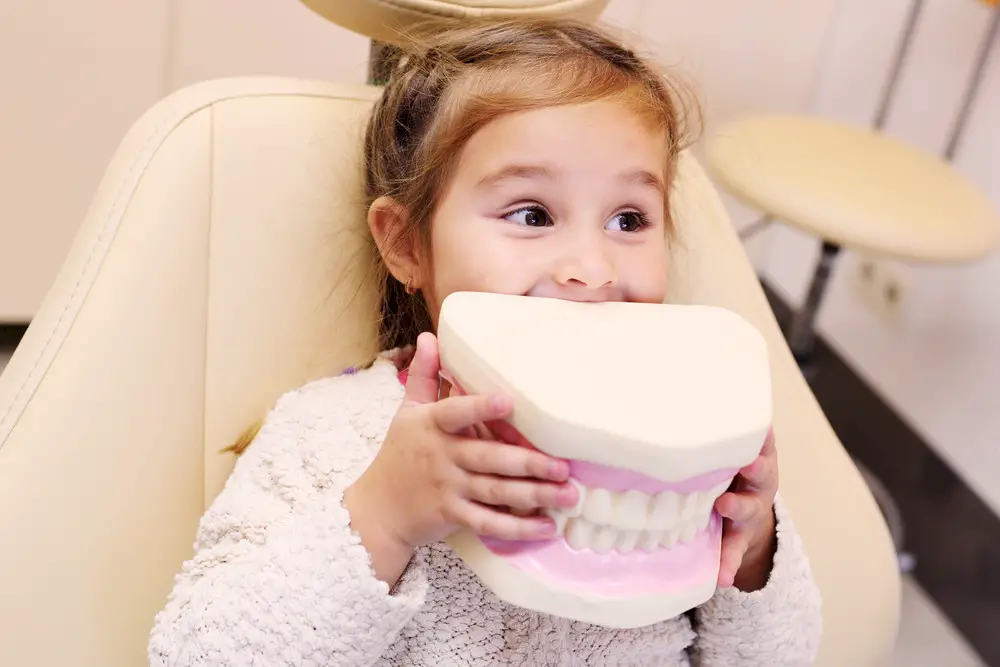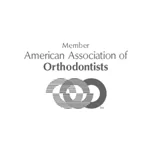 How much wisdom do you have about wisdom teeth?
How much wisdom do you have about wisdom teeth?
Many of our patients here at The Super Dentists have questions about wisdom teeth. Our pediatric dentistry performs wisdom teeth extractions all the time, while our parent dentistry also assists with wisdom teeth services for adults.
Do all people get wisdom teeth? What happens if they come in? Is there a “best” time to get them removed? There are so many questions – and we have the answers!
What are Wisdom Teeth? When Should Wisdom Teeth be Removed?
Wisdom teeth are also called the “third molars.” They are the ultimate late arrivals to the tooth party in your mouth: unlike most teeth, which surface during early childhood, wisdom teeth come in around the ages of 17 – 23. .
In contrast to other teeth, wisdom teeth typically come in when all available space is already taken. The mouth is a “first come, first serve” real estate market – space is always at a premium, particularly for the set of molars in the back of the mouth.
That means that when wisdom teeth come in, they’re usually misaligned, causing alignment problems for nearby teeth. What’s more, wisdom teeth can also be “impacted.” This means that they are only partially through the soft tissue of the gums, creating a risk for infections and bacteria. Dentists often remove wisdom teeth due to these alignment and infection issues.
Many people opt to have their wisdom teeth removed during their teenage years, while others have them taken out in early adulthood.
This set of teeth is usually removed between the mid-teens and early twenties, though exceptional circumstances like early impacted teeth early or severe misalignment may shift that timeline.
It’s important for your oral health that you get them removed if they’re causing you pain or discomfort as a young adult.
What Happens If You Never Get Your Wisdom Teeth Pulled Out?
If you need to remove your wisdom teeth and don’t, your bite may become misaligned. Severe mouth pain is another possible result. Plus, the risk of infection also increases, especially if you have impacted wisdom teeth.
However, some people have enough room in their mouth to accommodate the late arrival of third molars and never have to have them removed.
So what happens depends on an individual’s teeth alignment and configuration and whether their wisdom teeth are impacted. If there’s no effect on existing teeth alignment and the wisdom teeth aren’t impacted, there is no pressing need to have wisdom teeth taken out.
Does Everyone Have Wisdom Teeth?
Here’s one of the more curious facts about wisdom teeth: contrary to popular belief, not everyone has them. A recent study concluded that up to around one-third of the population never develops wisdom teeth in the first place. Another research project (using a much smaller sample size) put the rate at approximately 25%.
Facts About Wisdom Teeth
Want to get “wise” about wisdom teeth? Check out the following list of interesting facts about wisdom teeth.
- Wisdom teeth are a remnant of evolutionary development. Our ancient ancestors needed extra molars to tear and chew food. Now that we have prepared meals and processed foods, we no longer need third molars.
- Not everyone has the same number of wisdom teeth. The number of wisdom teeth ranges from 0 to 4. Some have none; others have all 4.
- Some people get their wisdom teeth early – or unbelievably late. Some wisdom teeth arrive in early to late childhood. But the strangest case of late-arriving wisdom teeth occurred in 2007. Robert Gray had a wisdom tooth discovered during a routine dental cleaning – at 94 years old!
- About 90% of the population has had at least one impacted wisdom tooth.
- After extraction, some people keep their wisdom teeth as a token of good luck.
Can Wisdom Teeth Cause Headaches?
Yes, wisdom teeth can result in pain and headaches for a number of reasons. The growth of these teeth can cause discomfort in the jaw which leads to headaches. They put pressure on the surrounding nerves and tissues which leads to pain that spreads to other areas of your head.
For some, sinus headaches are commonly caused by these teeth as well. This happens when the emerging teeth push against your sinuses which can feel like pressure in your head.
Can Wisdom Teeth Grow Back?
Wisdom teeth will not grow back once they’ve been removed. They are the last set of teeth to develop.
If wisdom teeth have been fully extracted, the tooth and its root have been removed, and it is not possible for them to grow back.
However, in some rare cases, there may be an additional tooth bud that can cause the growth of another tooth, which can be mistaken for a regrowth of a wisdom tooth. In such cases, the additional tooth may need to be extracted.
Does Wisdom Teeth Removal Hurt?
The process of getting these teeth removed may cause discomfort and you’ll feel some pressure but you should not experience any pain. We’ll provide local anesthesia to numb the area around the extraction site.
After the procedure, it’s common to feel some pain but it can be managed with over-the-counter pain medication or a prescription.
It’s important to follow the aftercare instructions, which may include avoiding certain foods or activities, keeping the extraction site clean, and taking any prescribed medications as directed.
By following these instructions, you can help minimize any pain or discomfort and promote a faster and smoother recovery.
What are Signs of Wisdom Teeth Coming In?
If you or your child are concerned about these teeth coming in, here are some of the signs you can look for.
Pain or discomfort in the back of the mouth: As your wisdom teeth emerge, you may feel discomfort or pain in the back of your mouth, especially when eating or talking.
Swollen or tender gums: The gums around the emerging teeth may become swollen, tender, and red. This can make brushing and flossing more difficult and uncomfortable.
Crowding of teeth: As wisdom teeth emerge, they can push against the surrounding teeth, causing them to shift and become crowded. This can lead to bite problems and make it more difficult to clean your teeth.
Jaw stiffness or soreness: The pressure from the emerging teeth can cause stiffness or soreness in the jaw muscles.
Headaches: In some cases, the pressure from the emerging teeth can cause headaches, especially in the temples or forehead.
Bad breath or taste: As the emerging teeth push against the gums, they can create pockets where bacteria can grow, leading to bad breath or a bad taste in your mouth.
For Wisdom Teeth Removal to Other Pediatric Dental Service, Visit The Super Dentists Today!
With 6 offices across the San Diego metro area, The Super Dentists is the preferred pediatric, teen, and parent dentistry practice throughout the region. Our unique approach to dental care has made us the largest, most trusted, and top-awarded dental network in Southern California. Come and see why 1 in 5 kids in San Diego is a Super Dentists kid! Book your visit today – we look forward to seeing you soon.










